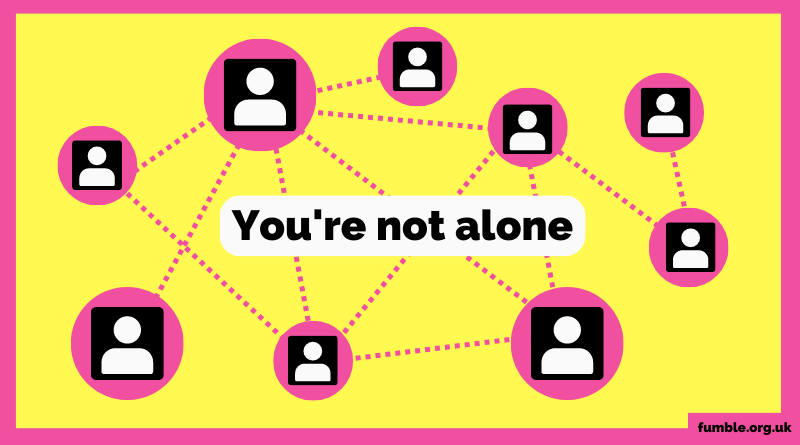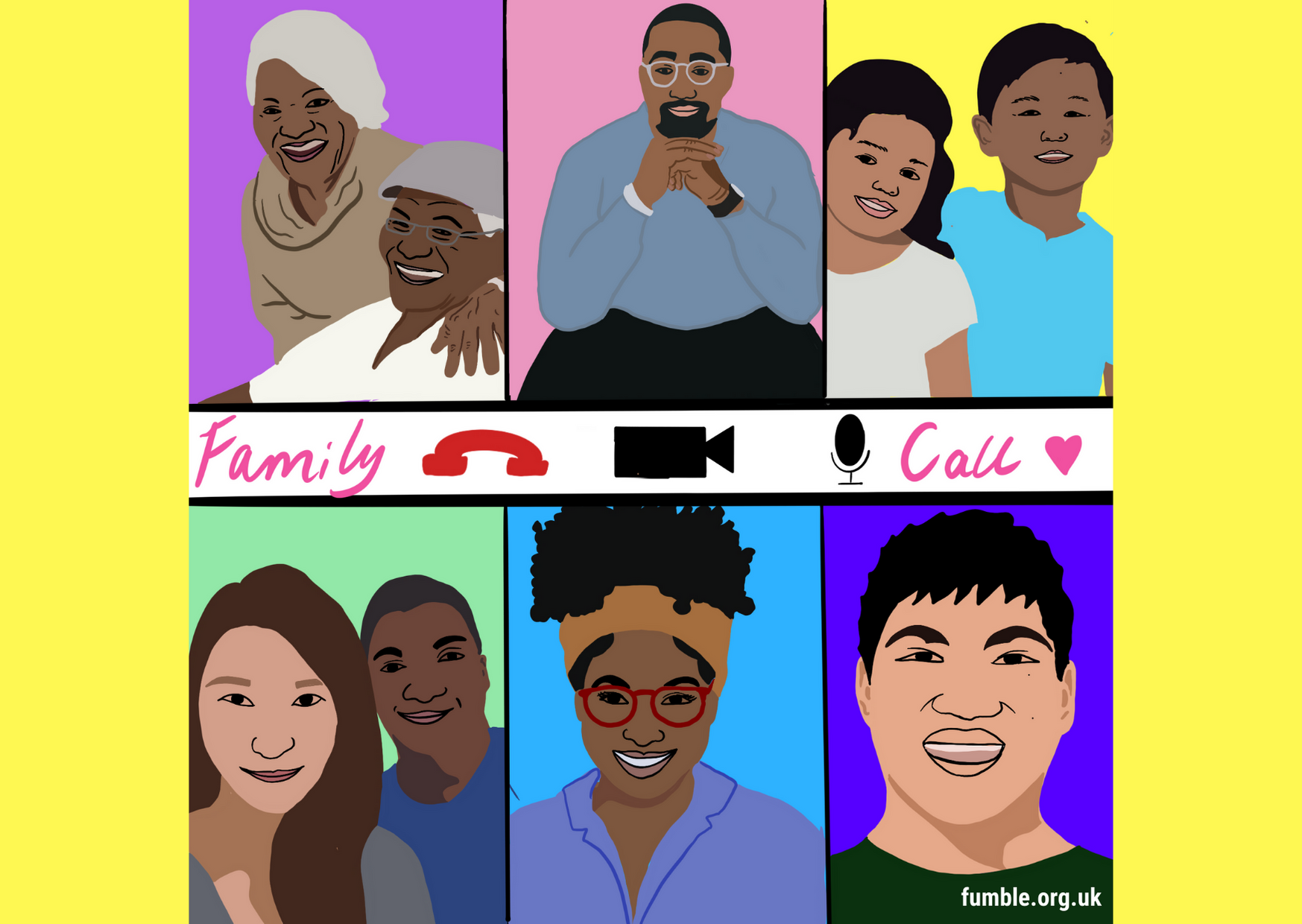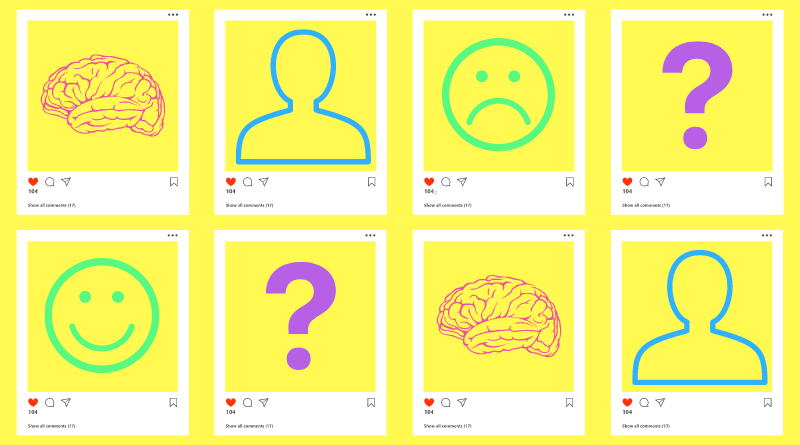Here’s what you need to know about loneliness, and the steps you can take to make things a little bit better
This content was originally part of our Pandemic support series: to address the chaos and uncertainty of the COVID-19 pandemic, and to support young people with navigating this difficult time.
Although many of us may feel we’re now in a post-pandemic era, this content will still be relevant to lots of people. There are still many people who rely on communicating, building relationships and accessing support online, whether they continue to shield from COVID-19, have long Covid, or have any other chronic illness that means they have to limit in-person social contact. There are still lots of reasons why we may need some extra support right now, and no one should feel excluded from society or unable to access the support they need.
Loneliness is the feeling we get when our needs for social contact and close relationships are not met. We can feel this as sadness, anxiety and worthlessness.
Who’s affected?
There is an idea that lonely people are elderly and living alone, but research shows that during COVID-19 lockdowns young people were twice as likely as those over 70 to be experiencing loneliness. It’s likely that most of us will experience some feelings of loneliness at some point in our lives, but certain situations can make us more at risk. For example:
- A mental health condition such as anxiety or depression
- Moving to a new city, or moving to university
- Living alone, or in a household where you don’t get along with family/housemates
- Going through a relationship or friend break-up
- Bereavement
- Plus, of course, the pandemic.
The pandemic
The COVID-19 pandemic has provided the perfect environment for feelings of loneliness to grow. The lack of seeing people in person, physical contact, and certainty on what’s happening has a really isolating effect. Remember that it’s impacted us all, and you are not the only one struggling with loneliness at the moment. Many of the following tips to combat loneliness can be done safely if you’re social distancing or self-isolating.

How to combat loneliness?
Firstly, we want to stress that there is literally zero shame in feeling lonely. It doesn’t mean you don’t have any friends, or that there’s something wrong with you. It isn’t a reflection on you as a person. Here are five things you can do to start to feel a little better now.
1. Share your feelings
It is helpful to actually admit to someone that you are feeling lonely. A problem shared is a problem halved, after all. By doing this, it may encourage your friends or family to make more of an effort to message, meet-up, and provide support.
2. Socialise with others – no matter how hard it feels
When you’re around people that you get on with and trust, the feelings of isolation should begin to lift. Try to push yourself to arrange activities with friends or family, whether that’s a walk, a coffee date or call. It may help to arrange something regular, such as a video call with a pal every Sunday.

During pandemic lockdowns, seeing friends has been extra tricky. Virtual socialisation may not be as fulfilling as in-person, but it will give you some relief from isolation. Group video-calls with your friends or a Netflix party may help you feel connected to others.
Volunteering is another great way of connecting with new people. There are a few charities looking for young people to call vulnerable people during the pandemic, for example. This offers a good opportunity for social contact, as well as being a good deed. Take a look at these practical tips for supporting a friend at the moment, including other things you can do together for fun.
3. Avoid comparing yourself to others
When we are feeling lonely we might spiral into comparing our lives to others. This is particularly easy on social media, where people are regularly posting about their seemingly ‘perfect’ relationship or numerous outings with mates. During (and since) the pandemic, many of us are spending more time online too.
Remember that social media is only the highlight reel of someone’s life, and it doesn’t mean they are always having the wonderful time their pics suggest, or socialising 24/7. If the comparison begins to make you feel lonelier, unfollow or mute these accounts. Here are some amazing ways you can have a more positive time online.

4. Seek professional help
If the feelings of loneliness are becoming very difficult to cope with, arrange an appointment with your GP to discuss it, or consider getting in touch with a therapist. You can find a list of useful links to support and resources here.
5. Explore helpful information
There are lots of great places to head for more advice, information and support about loneliness and isolation. YoungMinds have lots of information and support available online. Youth Access can help you find local counselling for young people aged 11-25, and The Mix offers support via 1-to1 webchat, email or counselling.
Discover Fumble’s pandemic support series
The pandemic has had a huge impact on all of our lives, and we’ve all struggled to adapt to the changes that continue to happen all around us.
Our pandemic support series explores young people’s experiences of COVID-19, and helps you start to make sense of the chaotic and uncertain time we’re living in. Discover the full series here.
Other support
- Need help? Top 10 mental health support groups
- YoungMinds – Loneliness: a guide for young people
- YoungMinds – Feeling alone and misunderstood
- YoungMinds – How to cope with loneliness during the summer holidays
- NHS – Feeling lonely
Read more
Last Reviewed 15 August 2023
Image Credit: RF._.studio via Pexels




